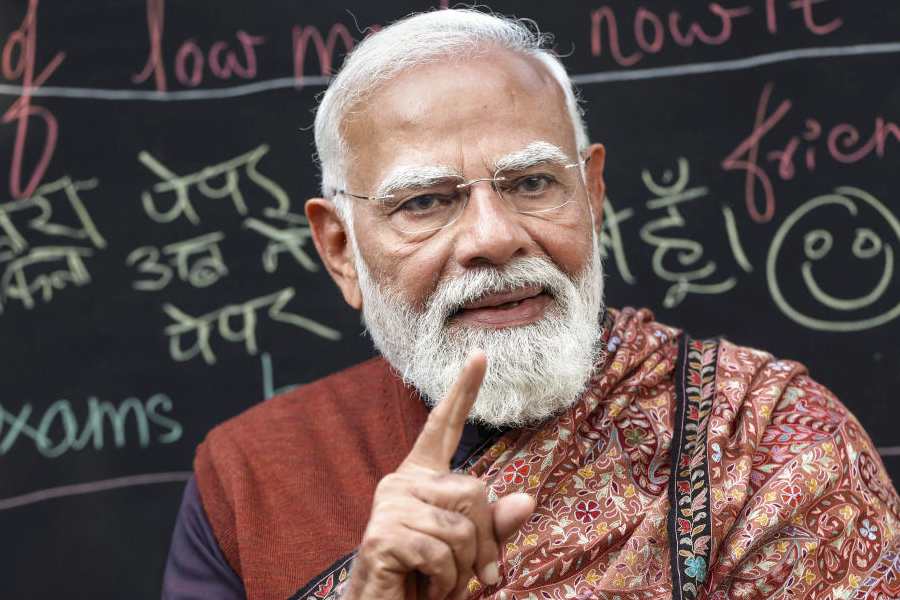After the ravages of nature, people living along the border between India and Pakistan are face to face with an old enemy — cross-border firing. There has been a sharp escalation of crossfire after a spike in shellings from the Pakistan side that are penetrating deep into Indian territory. Several civilians are already dead in the Jammu district, indicating that the firing is not merely targeted at the border army outposts. The intention behind the mortar attacks from across the Pakistan border is perhaps to create the mayhem that usually precedes infiltration every year during this period. Despite the ceasefire since 2003, the months prior to the onset of a harsh winter have been restive. But the incessant violence since early last year, including the beheading of an Indian soldier and now the rising number of civilian deaths, suggests that the game has turned meaner and more dangerous. It is unlikely that the latest disquiet on the border has taken a cue from the sudden derailment of talks between the two countries. If last year’s attack on Indian soldiers is any indication, the aggression could, in fact, be setting the tone for bilateral engagement. The public reaction against the beheading last year had made it necessary for Manmohan Singh, then India’s prime minister, to declare that it could not be “business as usual” with Pakistan. If the civilian casualty increases on the borders, there may be a further downslide in India-Pakistan affairs that have taken a beating with India’s cancellation of the foreign-secretary-level talks followed by Pakistan’s demand for a plebiscite on Kashmir at the United Nations.
It needs to be pointed out that the unravelling of peace on the border has become easy because of the vacuum in the political engagement between the two countries. The ceasefire of 2003 was made possible because the leadership in both the countries were serious about the negotiations and also had the political will to see through the arrangement. Unfortunately, in the case of Pakistan, the civilian leadership is now so severely weakened that it cannot enforce its political will on an army that has its own strategic designs for the eastern border, where it hopes to channelize the energies of its jihadists. To prevent hardliners from exploiting the political vacuum, India ought to revive the talks process immediately. Otherwise, the peace narrative may be completely lost.










